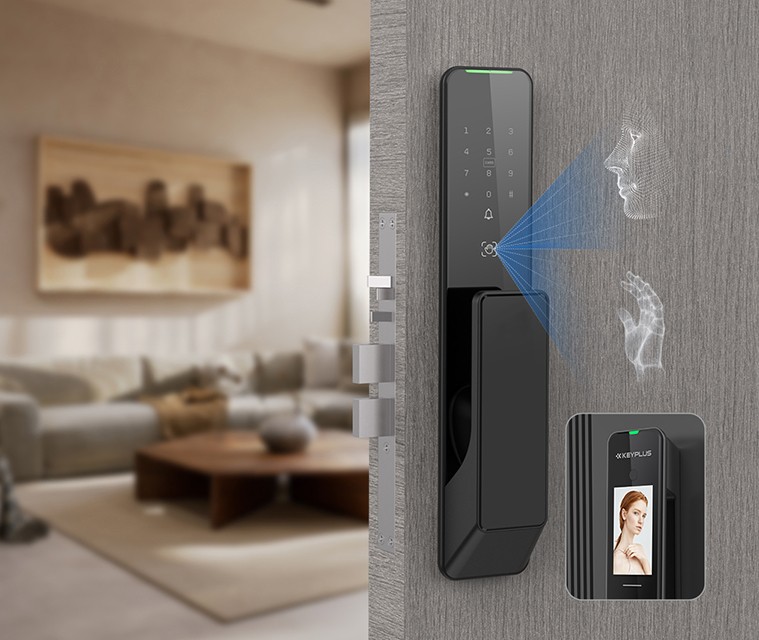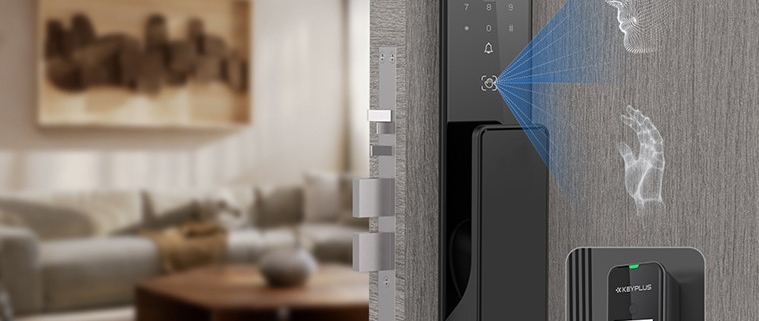Is It Worth Getting a Digital Lock?
In today’s fast-paced world, smart home technology is becoming increasingly popular, offering convenience, security, and peace of mind. One of the most debated upgrades is the digital lock—a keyless entry system that replaces traditional keys with PIN codes, fingerprints, smartphone access, or even facial recognition.
But is it worth getting a digital lock? For many Americans, the answer is a resounding yes, but the decision depends on several factors, including security needs, lifestyle, and budget. In this article, we’ll explore the benefits, drawbacks, and key considerations to help you decide whether a digital lock is right for your home.
1. The Benefits of Digital Locks
A. No More Lost or Forgotten Keys
How many times have you been locked out because you misplaced your keys? With a digital lock, you can say goodbye to frantic searches and expensive locksmith calls. Instead, you can enter using:
-
A PIN code (easy to remember or change)
-
Fingerprint recognition (fast and secure)
-
Smartphone access (via Bluetooth or Wi-Fi)
-
RFID keycards or fobs (handy for guests)
B. Enhanced Security Features
Many digital locks offer advanced security benefits that traditional locks can’t match:
-
Auto-locking – The door locks itself after a set time, preventing accidental unlocked doors.
-
Temporary access codes – Great for Airbnb hosts, cleaners, or dog walkers.
-
Intrusion alerts – Some smart locks notify you if someone tampers with the lock or enters too many wrong codes.
-
No physical keys to copy – Traditional keys can be duplicated without your knowledge, but digital locks eliminate that risk.
C. Convenience for Families & Busy Households
-
No need to hide spare keys (a major security risk).
-
Kids can enter without carrying keys—just remember the code.
-
Remote access (with Wi-Fi models) lets you lock/unlock your door from anywhere via an app.
D. Integration with Smart Home Systems
If you have a smart home setup (like Amazon Alexa, Google Home, or Apple HomeKit), many digital locks can integrate seamlessly, allowing:
-
Voice commands (“Alexa, lock the front door.”)
-
Automated routines (“Lock all doors at 10 PM.”)
-
Security camera syncing (some locks trigger recordings when unlocked).

2. Potential Drawbacks of Digital Locks
While digital locks offer many advantages, they aren’t perfect. Here are some potential downsides to consider:
A. Power & Tech Dependence
-
Battery failure: Most digital locks run on batteries (lasting 6 months to a year). If they die unexpectedly, you could be locked out—though many have backup power options (USB charging, 9V battery terminals, or physical keys).
-
Wi-Fi/Bluetooth issues: If your lock relies on connectivity, a weak signal or outage could disrupt remote access.
B. Hacking & Cybersecurity Risks
While rare, some smart locks can be hacked if they have weak encryption or outdated software. To minimize risk:
-
Choose reputable brands.
-
Regularly update firmware.
-
Use strong, unique passwords for associated apps.
C. Higher Upfront Cost
A basic keypad lock starts around 100–200, while high-end smart locks can cost 250–400+. Compare that to a traditional deadbolt (20–80). However, many homeowners find the convenience and security upgrades worth the investment.
D. Installation & Compatibility
Not all digital locks fit every door. Some require professional installation, while others are DIY-friendly. Before buying, check:
-
Door thickness and type (wood, metal, etc.).
-
Whether your door has an existing deadbolt.
3. Who Should Get a Digital Lock?
Digital locks aren’t for everyone, but they’re an excellent choice if you:
✔ Hate carrying keys (or frequently lose them).
✔ Want to improve home security (especially with Airbnb rentals or frequent guests).
✔ Have kids or elderly family members who might forget keys.
✔ Already use smart home devices and want better integration.
On the other hand, you might skip a digital lock if:
✖ You prefer low-tech, foolproof solutions.
✖ You’re on a tight budget and don’t need extra features.
✖ You live in an area with poor Wi-Fi or frequent power outages.
4. Final Verdict: Is a Digital Lock Worth It?
For most Americans, yes—a digital lock is worth it, especially if you value convenience, security, and smart home integration. While they have some drawbacks (like battery dependence and higher cost), the benefits often outweigh the cons.
If you’re still unsure, consider starting with a mid-range keypad lock before investing in a full smart lock system.
Bottom Line:
Get a digital lock if you want keyless entry, better security, and smart home perks.
Stick with traditional locks if you prefer simplicity and don’t mind carrying keys.
Either way, upgrading your home’s security is always a smart move—and a digital lock might just be the perfect next step.









